Why China and Russia are unlikely to maintain a long-term strategic alliance
South China Morning Post
Cary Huang says that mutual distrust of the United States can’t overcome the long history of rivalry between former empires, or meld diverging interests
PUBLISHED : Tuesday, 03 October, 2017, 12:17pm
UPDATED : Tuesday, 03 October, 2017, 2:28pm
The high-profile joint military exercises between China and Russia have reinforced the fear that an anti-Western, China-Russia alliance is forming.
Annual exercises between the world’s second- and third-best funded armies have included coastal drills in Vladivostok from September 18-21 and sea exercises in the Sea of Japan and the Sea of Okhotsk from September 22-26 – following an earlier Baltic Sea naval exercise in July.
The joint operation from Europe to Asia not only showcased a budding military partnership, but indicated determination to challenge US domination on the high seas.
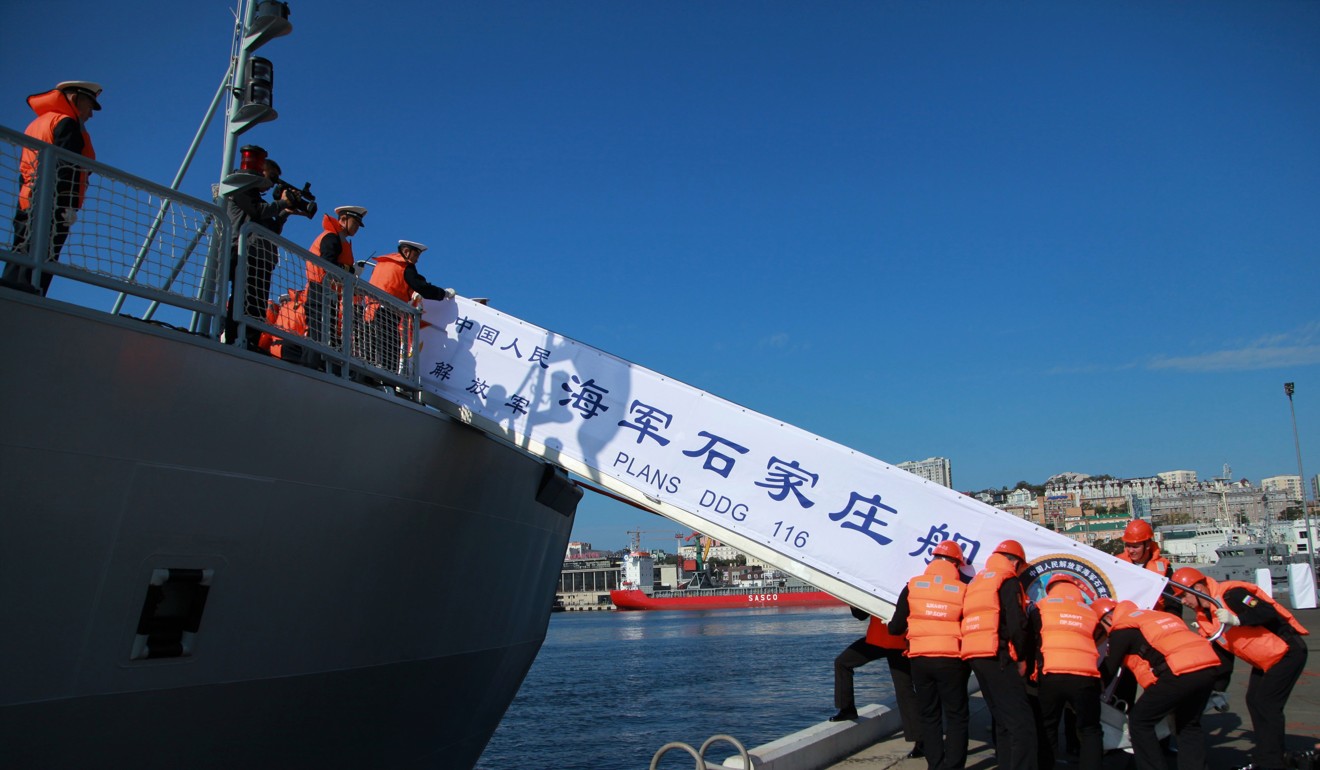
The largest-ever exercises took place close to North Korea amid escalating tensions on the peninsula over the Stalinist regime’s nuclear ambitions, as the probability of war increases and rhetoric escalates between Washington and Pyongyang.
Trump ‘appreciates’ China, Russia backing on tough North Korea sanctions that have ‘big financial impact’
Moscow and Beijing share a common stand, having made repeated calls for a peaceful solution to the North Korean nuclear stand-off. They also share opposition to the deployment of the US-developed Terminal High Altitude Area Defence system in South Korea, designed to protect against a nuclear attack from the North.
Recently, US relations with both China and Russia have become increasingly fraught. Moscow has faced off with the West over its aggression in Ukraine and intervention in Syria, while Beijing has been confronting the US in the maritime dispute in the South and East China seas.
Thus, upgraded military ties between Beijing and Moscow are apparently designed to complicate US-led efforts to maintain dominance over sea lines of communication.
But the development also highlights a truth in the theory of realpolitik, that both China and Russia need a powerful friend in their quest for global influence amid rivalry with the US. In this sense, they find each other to be the best strategic option in order to rival a much more powerful adversary.
China, Russia, US and South Korea show off military power near Korean peninsula
However, neither has shown much concern for issues related to the other’s core national interests – be it Ukraine, Syria and NATO’s eastern expansion, maritime disputes in South and East China seas, or Taiwan.
Drills with Russia put Chinese navy to the test in unfamiliar waters
Though sharing the world’s longest border, China and Russia share little in common in terms of history, culture, religion and tradition. Historically, they deviated substantially in self-recognition, as Russian tsars saw themselves as rulers of a superior European power, while Qing emperors claimed to be inheritors of the supreme East civilisation.
Though there has not been an all-out war, the Arctic Bear and Oriental Dragon have not got along well at times, witnessing periodic hostility and conflict, from border clashes in the 1680s to modern-day conflicts in the 1960s and 1970s.
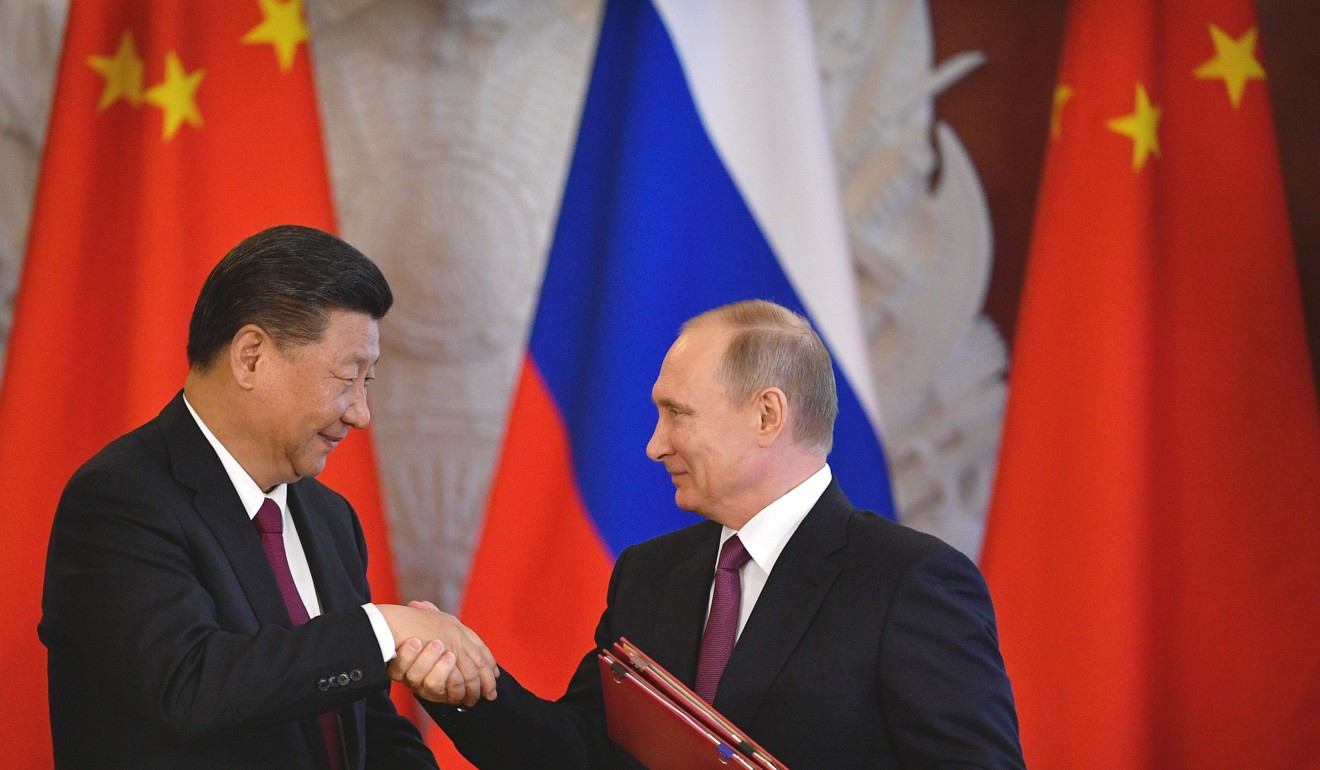
In their long interactions, the two nations have only experienced a very brief period of true alliance, enjoying a decade of friendship in the 1950s, largely built on the Soviet Communists’ critical military support of the Chinese Communist Party’s victory in the civil war.
In modern times, their rivalry for influence in Eurasia has continued, with confrontations, in particular, in China’s border war with Vietnam in 1979 and the USSR’s invasion of Afghanistan from 1979 to 1989.
With a history of mutual suspicion, periodic hostility, the legitimating ideologies of historical grievances and victimhood, along with conflicting national interests, it is unlikely that the biggest powers in Eurasia can establish an outright and long-lasting strategic alliance, such as NATO.
Cary Huang is a senior writer at the Post
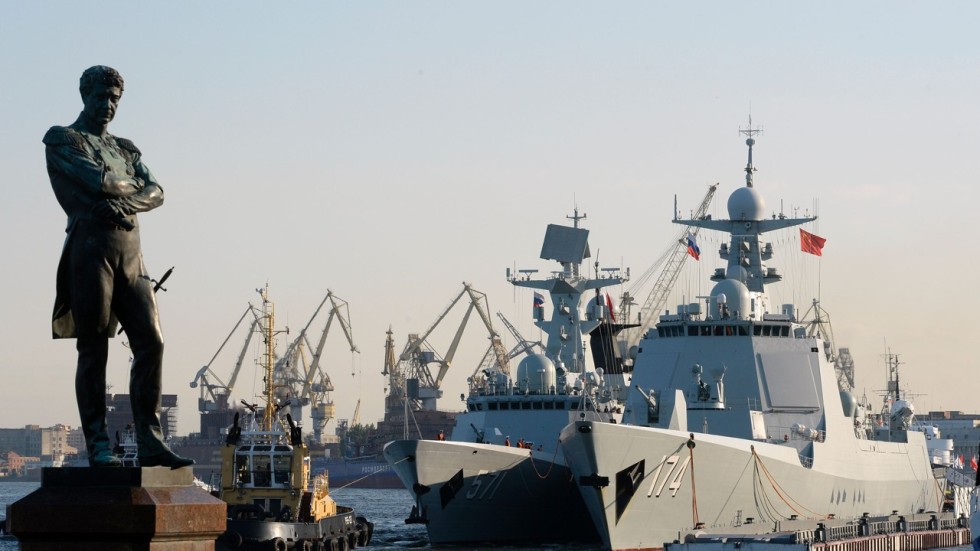

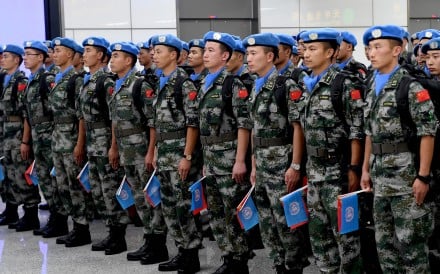
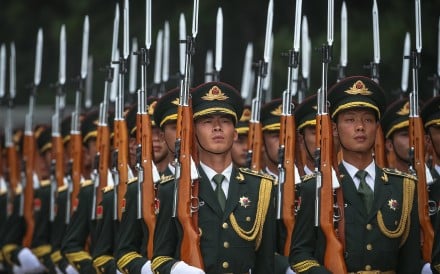
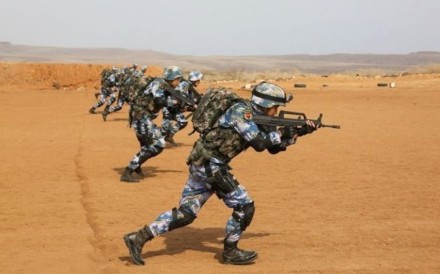
No comments:
Post a Comment